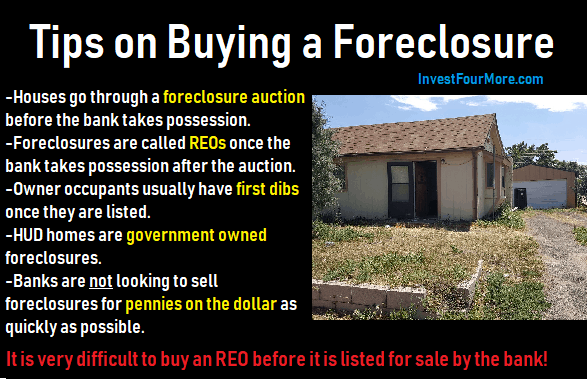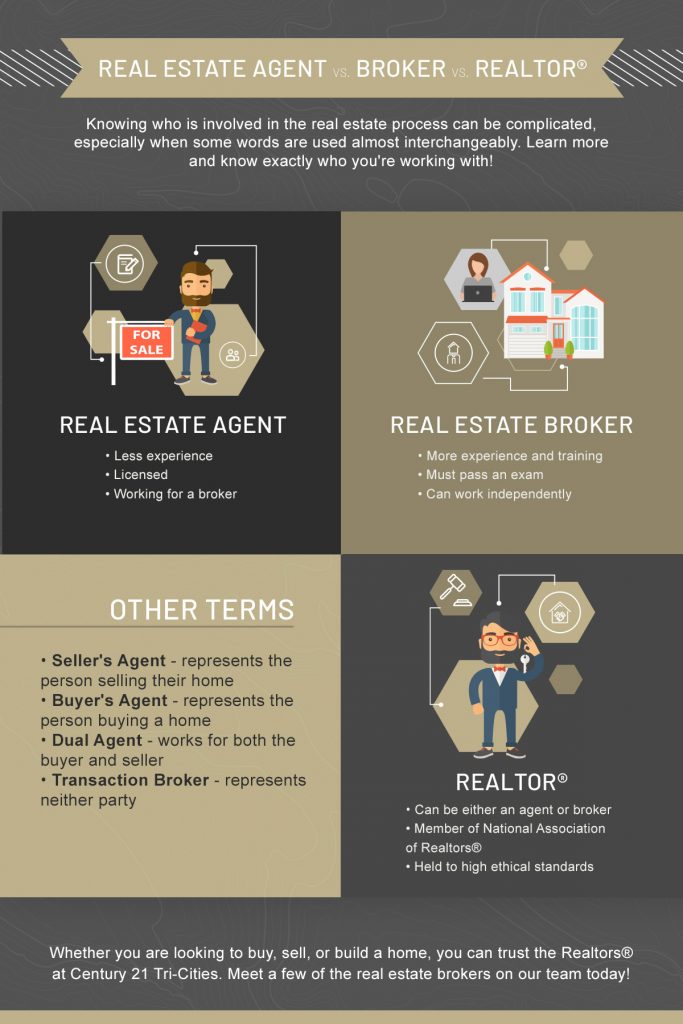
What is the difference between a real estate agent and a broker? These two functions are very different, so let's take a look at the differences. Working with an agent and broker is a good idea, regardless of whether you are looking for a home to buy or to sell. Both can be valuable so make your decision. Learn more in our broker vs agent comparison article.
Real estate agent
While there are some differences between agents and brokers, both are essential to a successful home buying experience. Brokers handle legalities while buyers' agents negotiate offers and find properties. Brokers assist with the paperwork and keep escrow funds. The role of a buyer's agents is to help buyers navigate the buying process and find the perfect house. In certain jurisdictions, agents may be called brokers.

Agents and Realtors can be licensed real estate professionals. Each type must have a real estate license. They must also adhere to strict codes of ethics. Real estate agents must also be members of NAR (National Association of Realtors) and adhere to their code of ethics. A broker must be a licensed real estate agent. As a result, the two roles are quite different.
Agent for the buyer
The choice between a buyer's agent and a broker should be based on your personal situation. The first is legally required to represent the best interests of the buyer. The buyer's representative, however, is required to represent the buyer's best interests. Because buyer's agents have the benefit of an outsider's perspective, they are often better suited to assist buyers. Buyers should understand the advantages and disadvantages of working with an agent.
A buyer's representative can offer a variety services such as market analysis, evaluating comparable sales and determining an offer value based upon the property's features. The buyer's agent can also help with the preparation of a co-op board bundle or other contract terms. An agent for the buyer can help navigate through any speed bumps that may prevent a deal from moving forward. Agents can help you avoid making costly mistakes that could endanger your deal.
Insurance broker
It can be difficult to choose between an agent or an insurance broker if you are looking to purchase insurance. Insurance agents must be licensed by the state and are often tethered to only a few insurance companies. Brokers, on the other hand, can shop around and compare all possible options for you, saving you a significant amount of time. Here are some reasons to choose an insurance broker.

An insurance agent is an individual who represents an insurer, while an insurance broker represents an individual who is an insurance buyer. An insurance agent represents the insurer, while a broker represents the insurance buyer. A broker can be either independent or captive and represent any number of insurance companies. A broker can represent many different insurance companies and will typically have a wider network. Insurance agents can only represent one insurer while brokers can represent many. The difference is huge.
FAQ
How can I tell if my house has value?
It could be that your home has been priced incorrectly if you ask for a low asking price. A home that is priced well below its market value may not attract enough buyers. You can use our free Home Value Report to learn more about the current market conditions.
Can I get a second mortgage?
Yes. However it is best to seek the advice of a professional to determine if you should apply. A second mortgage is usually used to consolidate existing debts and to finance home improvements.
How many times can I refinance my mortgage?
It all depends on whether your mortgage broker or another lender is involved in the refinance. In either case, you can usually refinance once every five years.
Statistics
- The FHA sets its desirable debt-to-income ratio at 43%. (fortunebuilders.com)
- Some experts hypothesize that rates will hit five percent by the second half of 2018, but there has been no official confirmation one way or the other. (fortunebuilders.com)
- This seems to be a more popular trend as the U.S. Census Bureau reports the homeownership rate was around 65% last year. (fortunebuilders.com)
- This means that all of your housing-related expenses each month do not exceed 43% of your monthly income. (fortunebuilders.com)
- Based on your credit scores and other financial details, your lender offers you a 3.5% interest rate on loan. (investopedia.com)
External Links
How To
How to be a real-estate broker
An introductory course is the first step towards becoming a professional real estate agent. This will teach you everything you need to know about the industry.
The next step is to pass a qualifying examination that tests your knowledge. This involves studying for at least 2 hours per day over a period of 3 months.
After passing the exam, you can take the final one. For you to be eligible as a real-estate agent, you need to score at least 80 percent.
Once you have passed these tests, you are qualified to become a real estate agent.